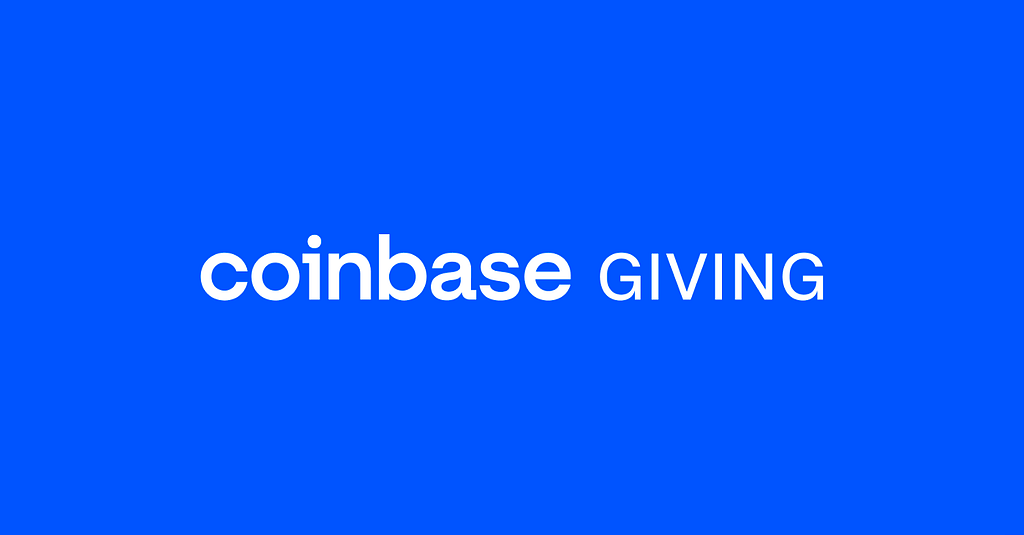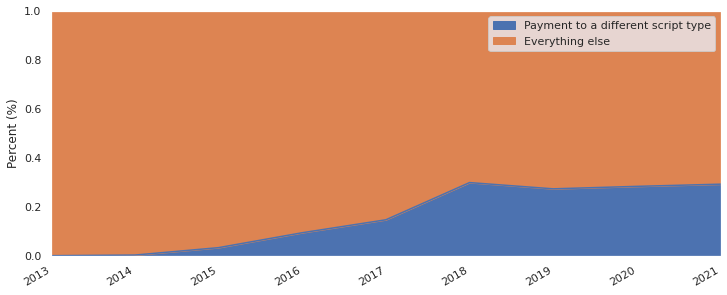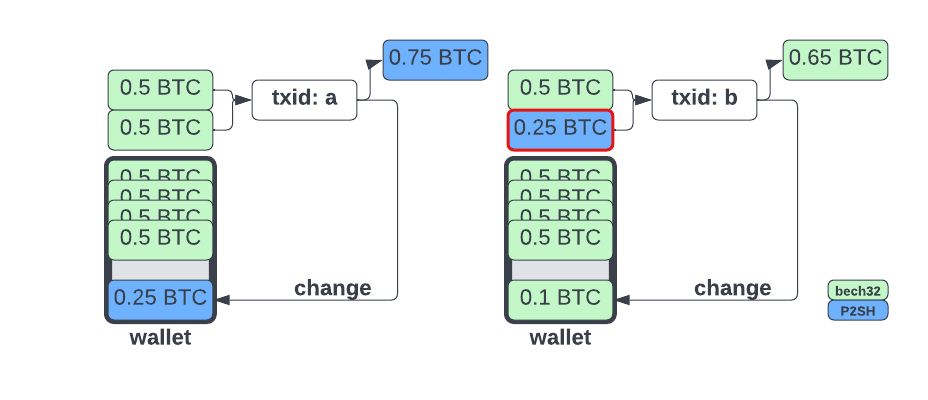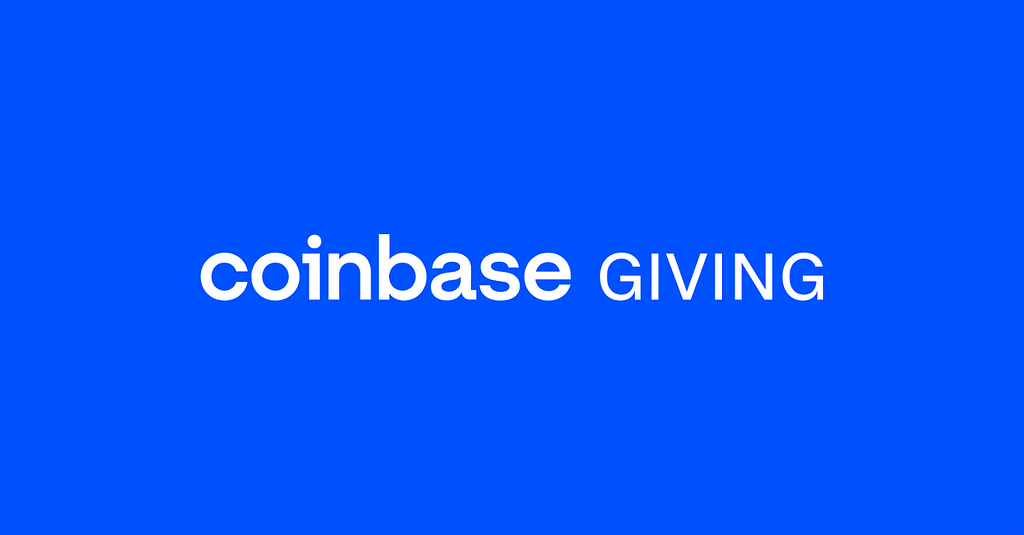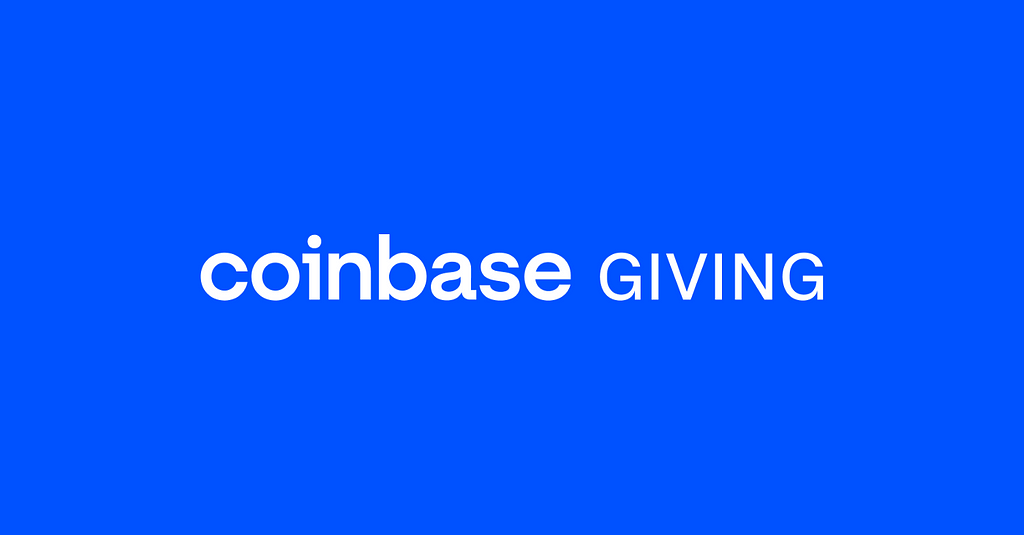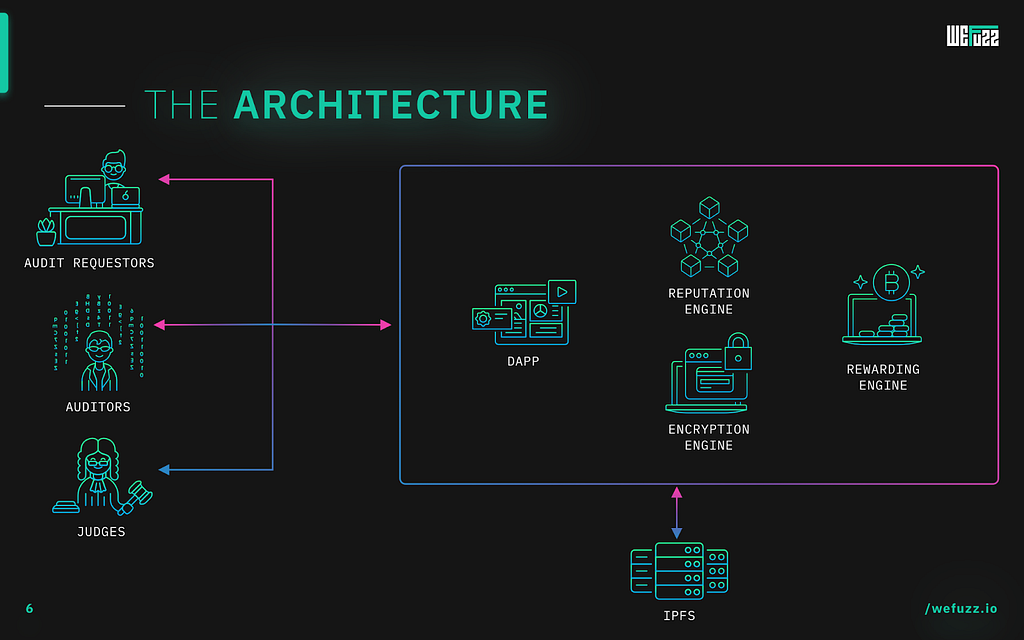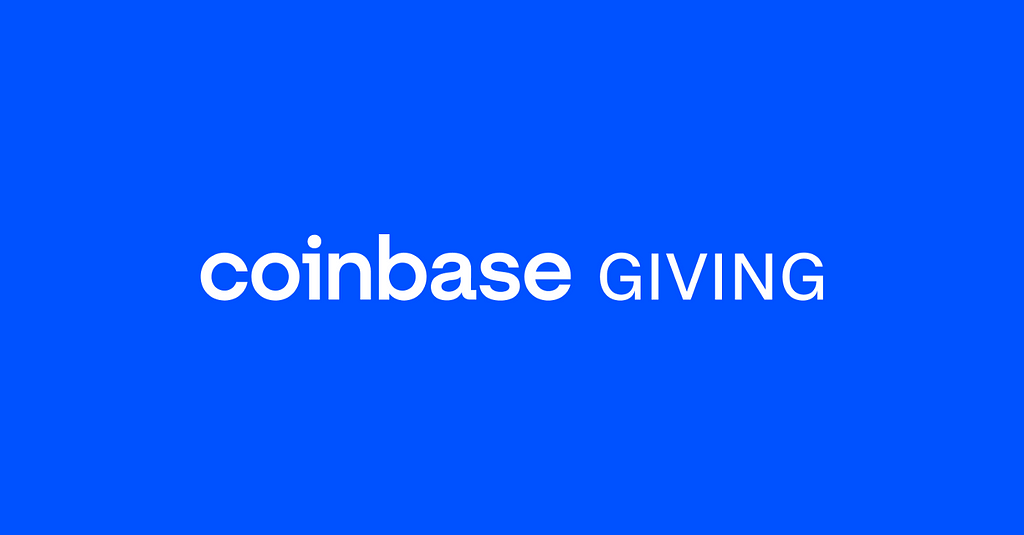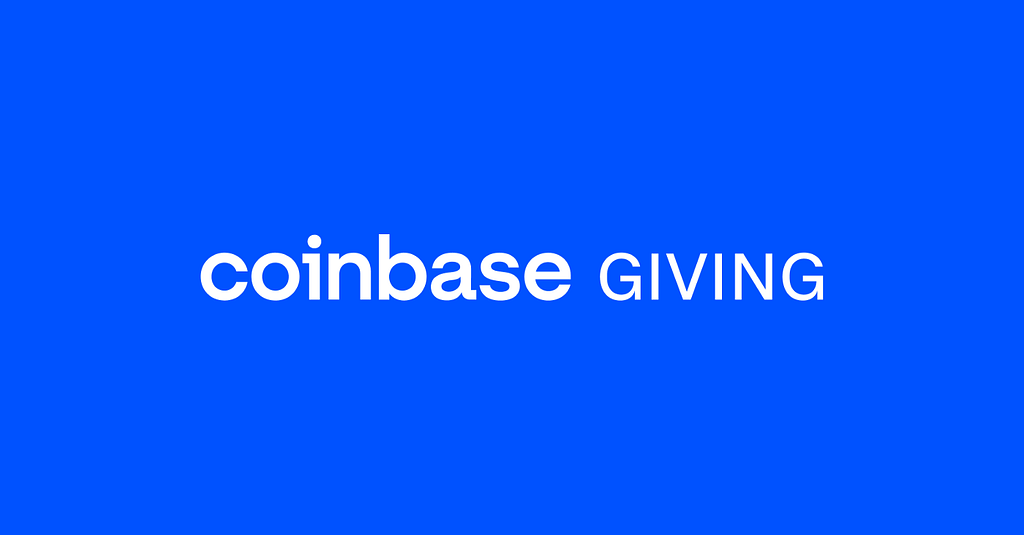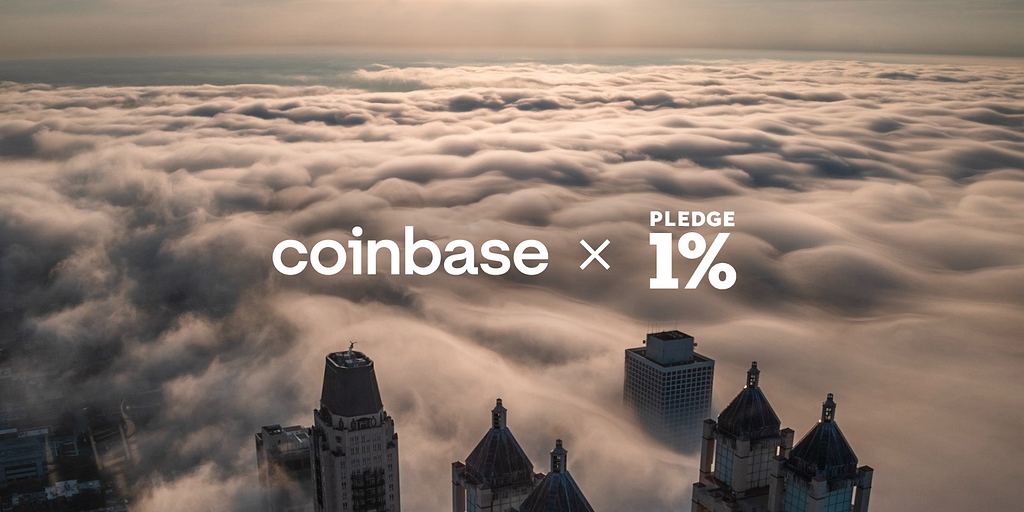By Darin Carter, Coinbase Giving Program Manager
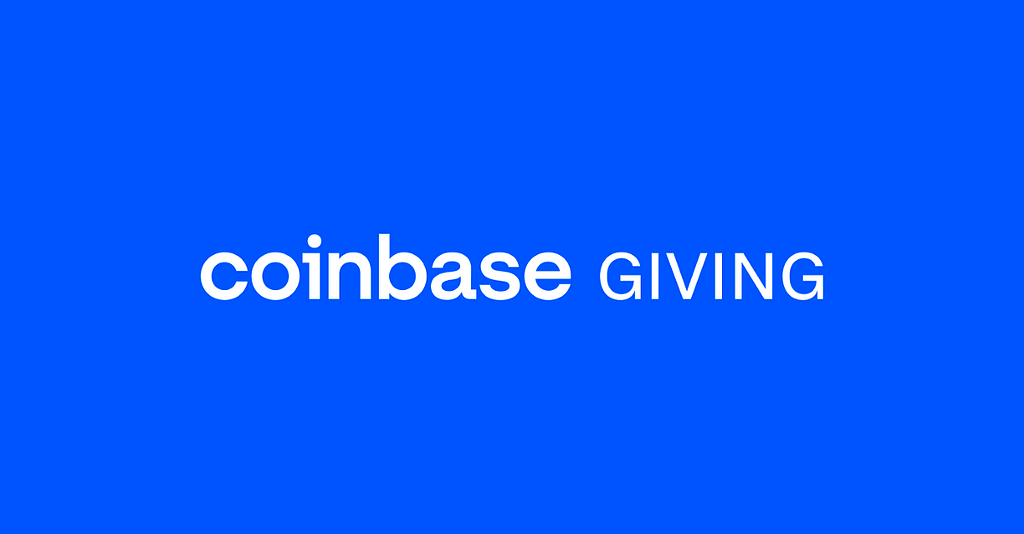
What is the Innovation Challenge
This fall, Coinbase Giving launched the Blockchain Breakthroughs Innovation Challenge as a step to raise awareness about blockchain technology and make it more inclusive and accessible for everyone. The purpose of this challenge was to source innovative ideas for how to leverage the unique attributes of blockchain technology to solve some of our world’s most prominent problems. We saw participation from over 300 teams and heard some incredible ideas.
The goal of this challenge was not to ask these competitors to come up with a fully baked solution, but to incentivize the builders at the intersection of Web3 and social impact to try out many solutions, share results/progress, and build a better world together as a community, with their findings.
How it worked
- In October 2021, Coinbase Giving and its partner Base 11 launched the Innovation challenge, in partnership with crowdsourcing website HeroX.com, at the Next Frontier Conference to highlight how blockchain technology can drive social impact.
- The Challenge was made accessible to students and early-career adults from across the country on Base 11’s free membership platform Base 11 Digital.
- In early January of 2022, our subject matter experts judged the first round of entries internally according to our innovation challenge scoring framework.
- Twelve finalists were invited to pitch their idea to our leadership team for consideration.
- After a final round of judging, Coinbase Giving and Base11 awarded $10,000 USD in prizes to winners which could be received in USD, BTC, or ETH.
Winning projects proposed how blockchain technology can be leveraged across the topics of renewable energy micro-grids, the debt crisis, global resource support, smart-contract life insurance, voting fraud, and much more. The full list of winners, with additional details on the projects and communities they serve, can be found here.
What we learned
- Innovation can come from anywhere: Our participants represented countries all over the world including New Zealand, Germany, the Philippines, Argentina, Colombia, and many more countries around the globe. We’re proud to say that the best ideas came from outside of the crypto industry. Our participants were teachers, doctors, dentists, psychologists, supply chain workers, community leaders, and more looking to share their amazing ideas for how blockchain can make a difference.
- Asking the right question can be powerful: By asking people from various backgrounds how blockchain can make an impact, specifically in areas like environmental sustainability, financial inclusion, healthcare and education, the people who are closest to the problems worth solving are able to surface ideas on how blockchain can be applied as a solution.
- Blockchain truly has the potential to change the world: As you can see from our winning entries mentioned above, there are many ways that blockchain can have a positive impact in the world.
The Coinbase Giving and Base 11 teams would like to thank all of the participants in this year’s Blockchain Breakthroughs Innovation Challenge for their ideas, hard work, and time. We are looking forward to the next Innovation Challenge and encourage everyone to start brainstorming ideas to pitch to the team.
Coinbase Giving: Insights From The Blockchain Breakthroughs for a Better Future Challenge was originally published in The Coinbase Blog on Medium, where people are continuing the conversation by highlighting and responding to this story.

